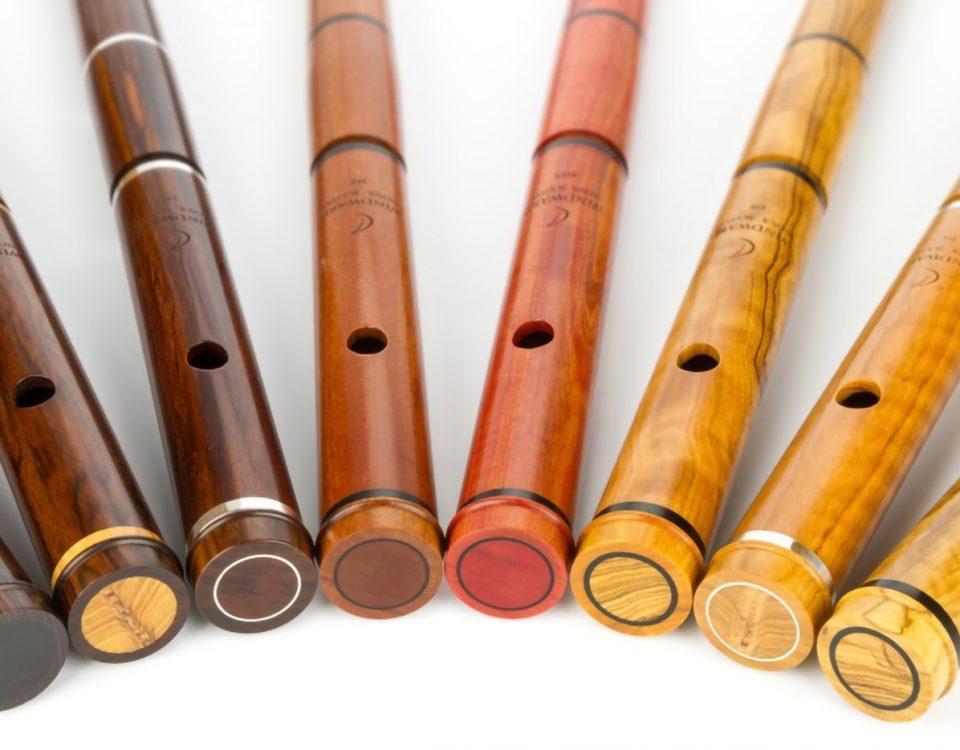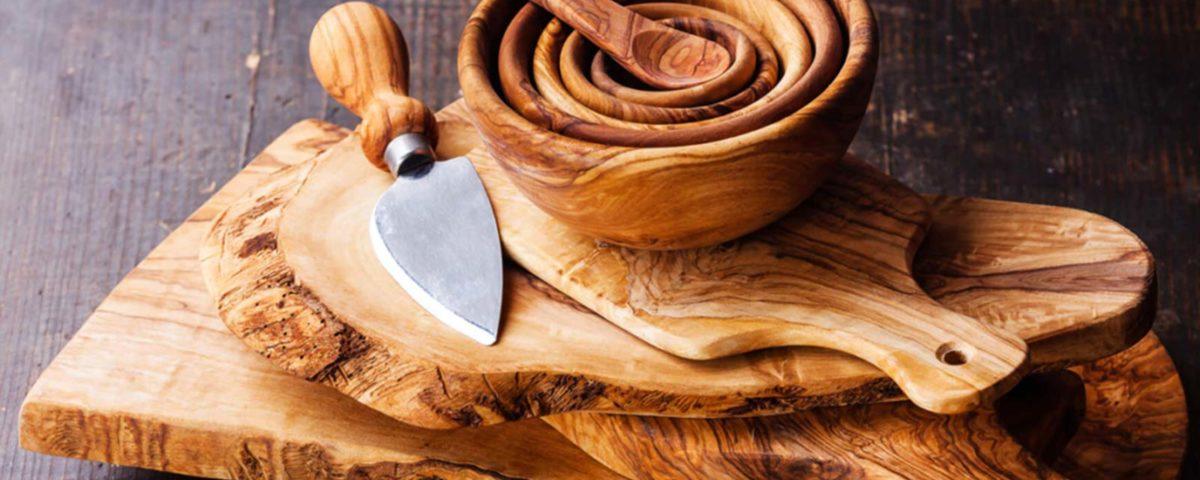
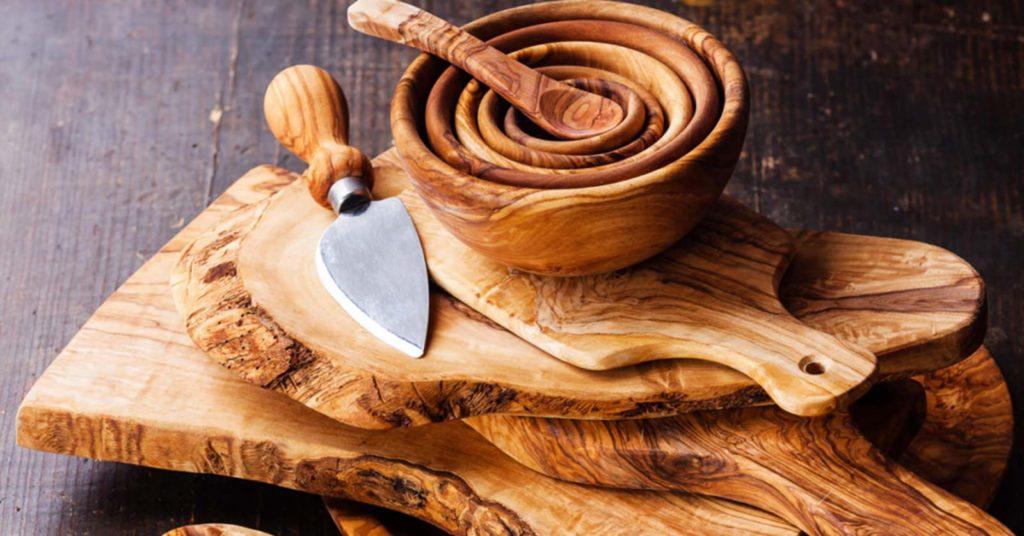
ProSono offers high-quality African olive wood blanks for bowls, boards and spoons, and other crafted or custom wooden items.
Also known as wild olive or olienhout, African olive hardwood is known for its creamy brown to golden colouring and striking grain patterns. Often pieces feature beautiful figuring or burling of the wood.
This makes it a prized hardwood for a wide range of applications.
In our article, we offer insights on:
- why it’s uncommon to find large wild olive pieces
- why expert drying of the hardwood is vital
- the suitability of African olive for kitchen use
- use of African olive for bowls, boards and spoons.
Why it’s rare to find large blanks of African olive wood
African olive trees do grow to large sizes but this is relatively rare. It’s more common to find smaller trees with irregular structures.
This makes recovering large slabs tricky.
Also, African olive hardwood has to be dried extremely slowly and typically cracks during this process. Only a fraction of each log yields defect-free pieces that satisfy our quality criteria.
This means that smaller blanks and turning squares are the most commonly available. They’re ideal for crafting items such as knife handles, pen blanks and kitchen utensils.
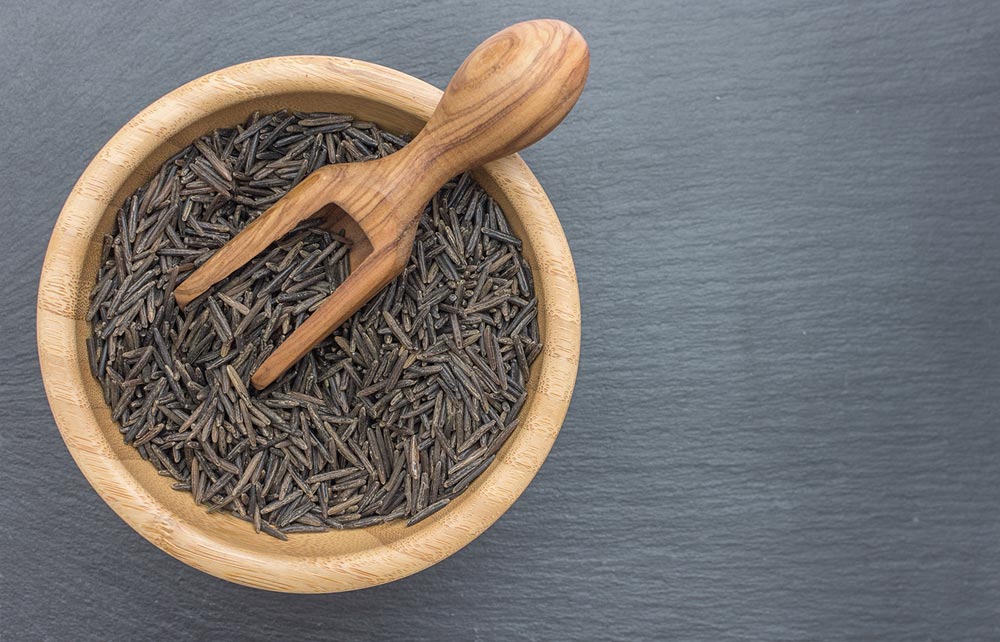
A world of difference: properly dried African olive wood
Most hardwoods require very slow, expert drying to yield the best results. In the case of African olive wood, this is absolutely essential.
Large slabs of the hardwood require several years of resting. During this time, they must be kept at a suitable and fairly constant humidity level and temperature.

We strongly recommend not purchasing African olive for woodworking applications without first verifying its moisture content.
If the hardwood exceeds about 12% moisture, you can count on headaches later, with wood that cracks, splinters and warps.
While kiln drying is possible for some hardwood species, we believe that it is the wrong approach, yielding inferior results. Air drying and patience are best.
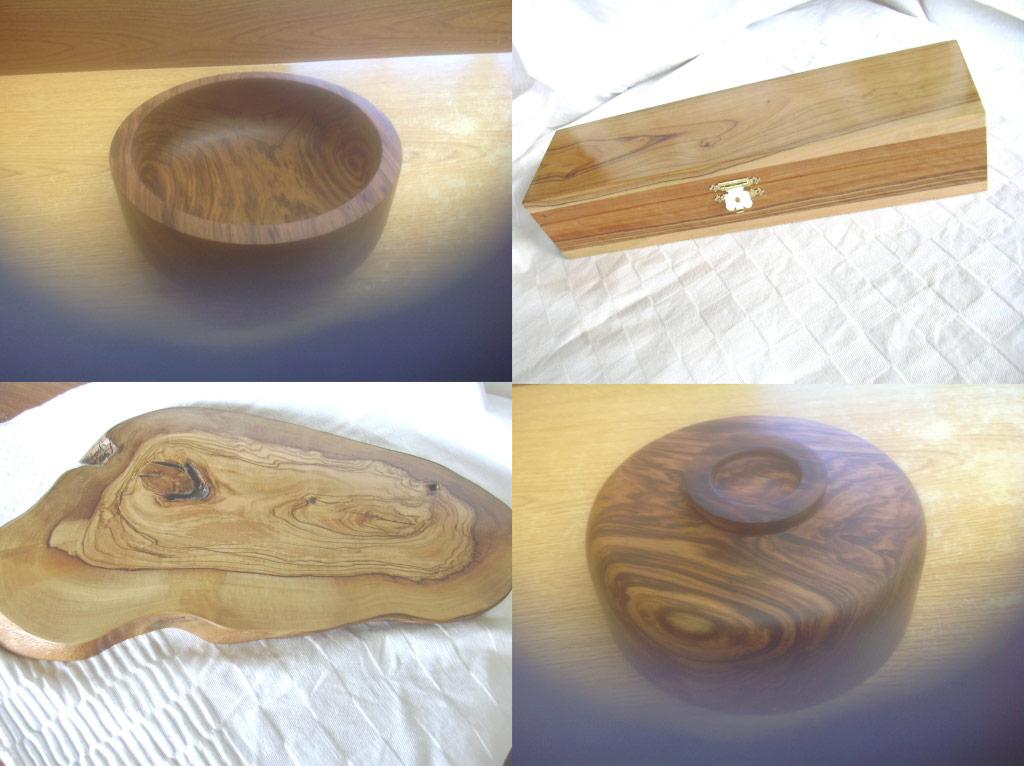

Is African olive wood suitable for kitchen use?
African olive wood shares many characteristics with Mediterranean olive wood. This has been used to make platters, boards, bowls, utensils and more for centuries.

Like its Mediterranean counterpart, African olive wood is kitchen and food safe.
The hardwood is:
- dense and fine-grained
- non-porous, which is ideal for hygiene reasons
- hard and resistant to damage.
Although it’s hard and heavy, the wood works exceptionally well on the lathe or with chisel.
The wood’s average dry weight is 990 kg/m3 (or 62 lb/ft3). On the Janka scale, its hardness is rated as 2,700 lbf (12,010 N).
It’s useful to protect finished items with a light application of food-grade mineral oil or beeswax.
African olive wood uses in the kitchen
African olive is especially popular for rustic kitchen utensils – from spoons to honey dippers – and smaller cutting and charcuterie boards.
It is also used to craft attractive mortar and pestle sets, napkin holders, honey jars, fruit bowls and more.

African olive wood for bowls
African olive wood works well on the lathe, making it ideal for turning bowls.
Each piece of the hardwood is unique, making for one-of-a-kind bowls. However, it is possible to make matching bowl sets from wood derived from the same source.

For larger bowls, it can be challenging to find large enough blocks that have been properly dried.
Wild olive wood for charcuterie boards

African olive wood is particularly well suited to charcuterie boards.
Smaller boards are easier to obtain than large board sizes. Because the wood is exceptionally striking, the boards make attractive additions to any table.
The wood is easy to clean and resistant to splintering and warping, even with daily use.
African olive wood for decorative spoons

African olive wood is widely used to create both practical and decorative spoons.
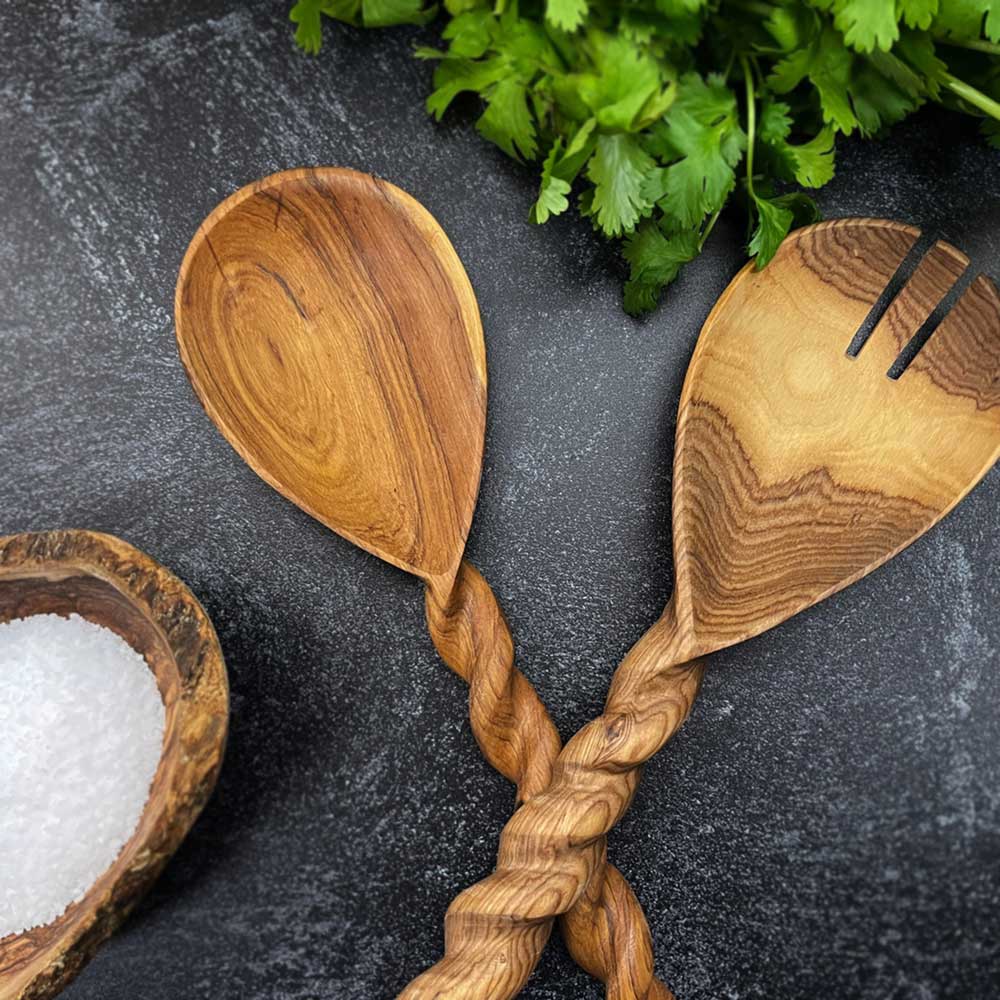
These add a warm, rustic feel to modern kitchens. Because the hardwood is durable and resistant to staining and chipping, spoons may be put into daily service (rather than used only for display).

African olive wood blanks and turning squares
At ProSono, we supply high-quality African olive wood blanks for bowls, boards and spoons (as well as knife scales, pen blanks and more).

We also offer musical-grade African olive wood, for flute and other woodwind instruments.
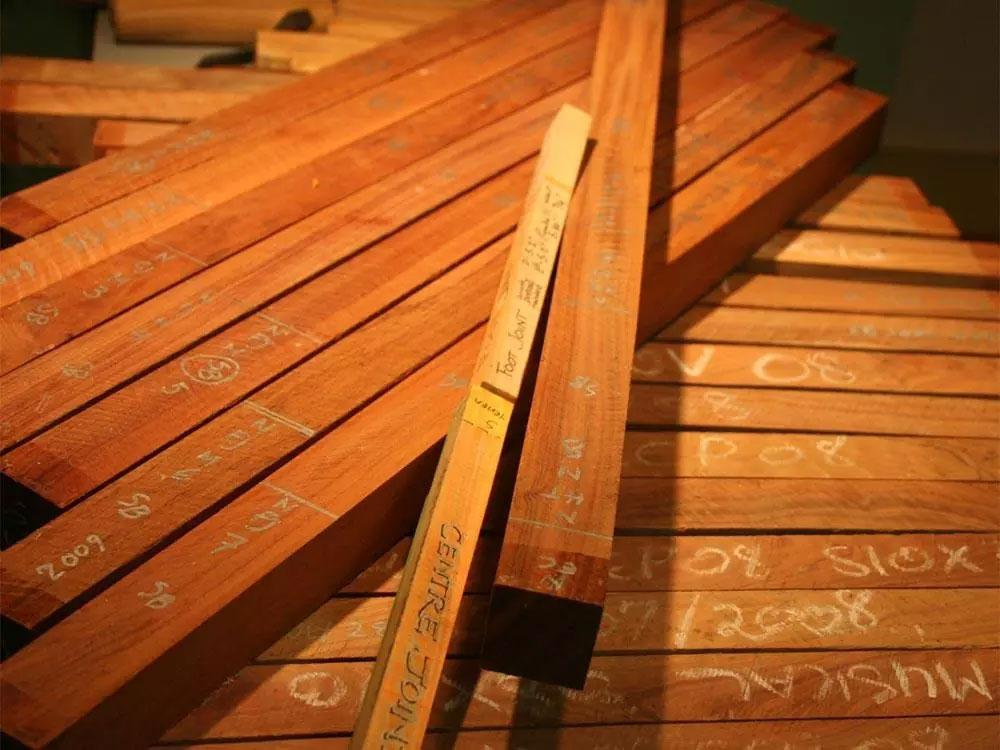
All our hardwood is:
- ethically sourced and harvested, in keeping with CITES principles
- very slowly air dried, typically over several years
- cut to required dimensions
- subject to extremely strict quality control
- packed for optimal protection and shipped worldwide.
Contact us for more information or to discuss your hardwood needs.

